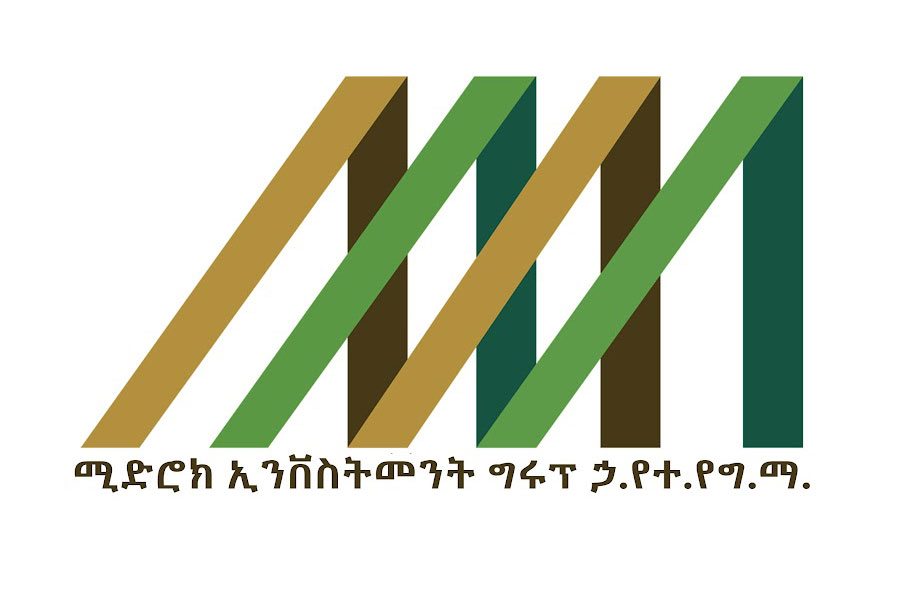
MIDROC Investment Group is placing a bold wager on cocoa in the lowlands of Sheka. Building on extensive trials at the Bebeka Coffee State Farm, the company has introduced globally prized Forastero, Trinitario, and Criollo varieties alongside coffee. "The results are astonishing," said General Manager Beshada Worku, pointing to international prices that range from 8,200 to 14,000 dollars a ton. The project's first phase covers 50 hectares, with 44,000 seedlings already planted. Expansion to 100 hectares is planned for next year, and 200 hectares within three years, with expected yields reaching eight tonnes per hectare. With global supplies squeezed by shortfalls in West Africa, Ethiopia is positioning itself to enter the cocoa market from a place of strength. MIDROC’s ambitions extend well beyond cultivation. A domestic chocolate factory is in the pipeline to meet surging local demand, create jobs, reduce postharvest losses, and ensure value is retained at home rather than lost through raw exports. International partners are already engaged: the Netherlands Embassy is brokering partnerships, while Ghana and Cameroon are supplying high-quality seeds. Discussions with authorities are underway to ease import regulations and provide policy support for the sector's growth. To sustain the venture, MIDROC is investing in human capital. Training programs, conducted both locally and abroad, are equipping skilled manpower to anchor the emerging industry. What began as a small experiment is quickly transforming into a national opportunity. Cocoa, once absent from Ethiopia's agricultural story, is becoming a crop of strategic importance. If successful, the country may soon be recognised not only for the aroma of its coffee but also for the rich promise of cocoa rising from its fields.
[ssba-buttons]